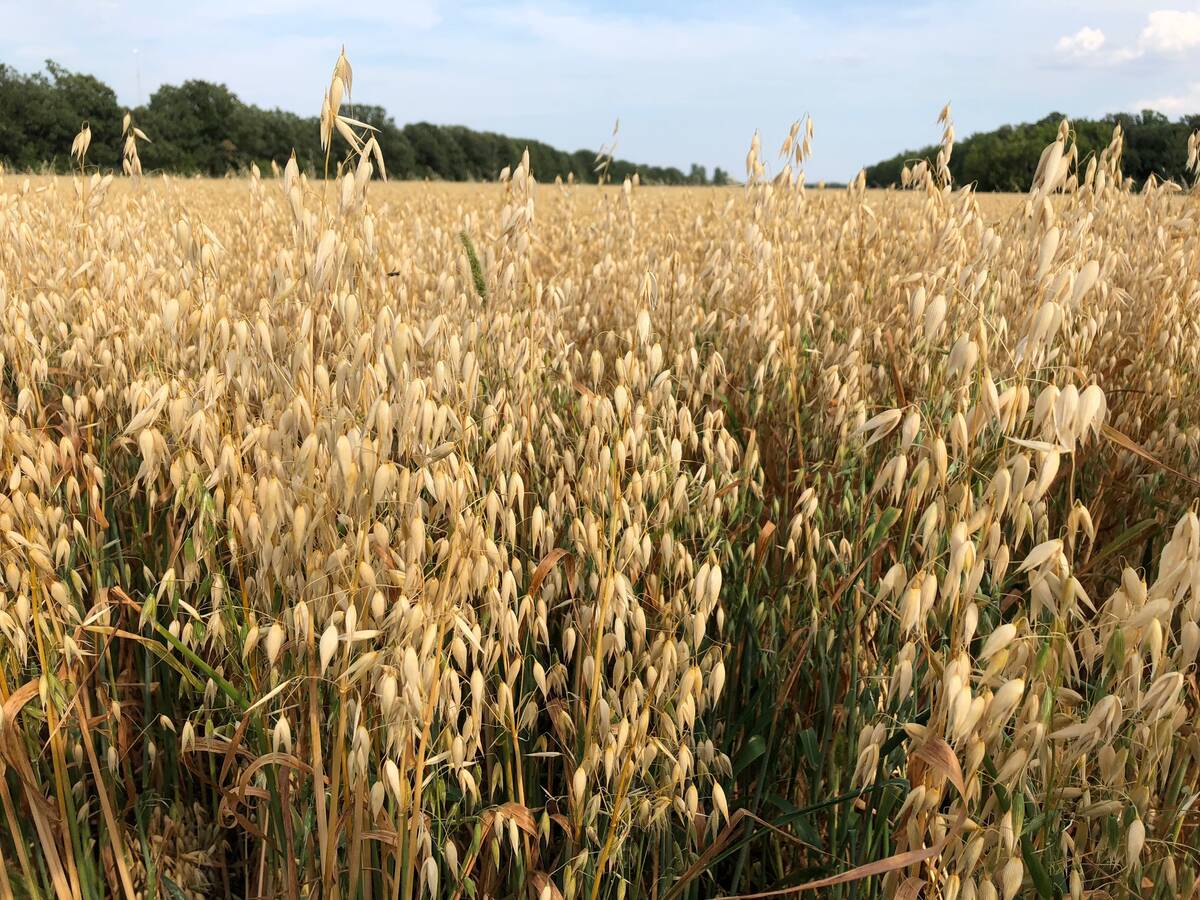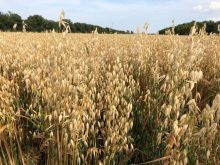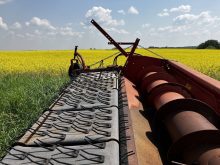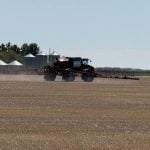Over 1,200 Prairie farmers who sold malting barley through the Canadian Wheat Board’s 2008-09 CashPlus program can expect to see an additional net payment of $12.89 per tonne later this month.
But critics of the CWB and of CashPlus are asking aloud how much of the gross has slipped through that net.
This payment, going to 1,236 farmers in all, represents the spread between the upfront payment farmers agreed to when their contracts were signed and the actual sales revenue the board achieved through the program, the CWB said.
Read Also

Big oat crop in 2025/26 pointing to less acres next year
Oat acres in Canada are likely to recede this spring with cash prices to remain low, said Scott Shiels, grain procurement manager for Grain Millers Canada in Yorkton, Sask.
Costs such as administrative expenses, risk management and country inventory storage and financing came to $6.26 per tonne, the board said in a release Friday.
Total CashPlus returns averaged $19.15 per tonne higher than the total amount paid to farmers in guaranteed, upfront prices, the CWB said.
The 2008-09 CashPlus program marketed just over 400,000 tonnes of malting barley, of which about half was sold to domestic maltsters, with the rest exported to U.S. and offshore bulk customers, the CWB said.
Additional payments aren’t necessarily guaranteed under CashPlus in a given crop year, the CWB said, and will only occur when total revenue, minus program costs, exceeds upfront payments.
“While farmers’ contract prices varied over the marketing year, all sales were made at prices that exceeded their upfront payment and costs, resulting in net positive contributions to the additional CashPlus payment,” the CWB said.
The international price structure for malting barley fell “dramatically” at the end of 2008, creating a “significant” difference between contract cash prices at the beginning and end of the selling period, the CWB said.
“Where’s the rest?”
The size of the announced CashPlus payment was the butt of criticism Wednesday and Thursday from the Malting Industry Association of Canada (MIAC), the Western Barley Growers Association (WBGA) and long-time CWB critic David Anderson, a southwestern Saskatchewan MP.
All three statements were variations on a single theme: “Where’s the rest of the money?”
Maltsters purchased a “significant” volume of CashPlus barley in 2008-09 at much higher values, the maltsters’ group said Wednesday after meeting with the CWB and reviewing the program’s results the previous Friday.
The group said it had thus expected the final payment to farmers to be “at least double” the $12.89 per tonne announced by the CWB.
“The figure is based on the price paid to growers and the ‘cash’ that the CWB held back in maltsters’ contracts and, presumably, other barley industry members’ (contracts),” Phil de Kemp, president of the MIAC, said in the group’s release.
The payment to producers “reinforces the malting industry’s position that the program as presently managed by the CWB, continues to be uncompetitive, complicated, cumbersome, and extremely expensive to administer,” the group said. “There is also a concern that monies held back from farmers supplying the domestic malting industry may be used to promote sales of malting barley to our offshore competitors,” the group said.
“The program continues to send non-transparent price signals to farmers and that appears to be validated by the low payment announced by the CWB,” de Kemp said.
The maltsters’ group said it’s always advocated that the CWB must maximize the up-front payment to producers in the program.
“Excessive costs”
The Western Barley Growers Association said in a separate release Wednesday that it had been told the estimated average hold-back by the CWB on CashPlus malt contracts was $25 per tonne.
“This is a long way from the $12.89 per tonne final payment that the CWB just announced,” WBGA president Brian Otto said. “It weakens our competitive position in the world to either assess excessive costs or to arbitrarily divert money from the growers of malt barley. I’m sure that was not the CWB’s intent, but that is the result.”
Anderson, who’s also the government’s parliamentary secretary on the CWB file, said Thursday that CashPlus “isn’t working out the way the CWB claimed it would. Much of the money seems to have disappeared into a black hole known only to board insiders. How can $12 per tonne just disappear without any accountability?
“We are calling on (the CWB) to explain to farmers where the other 50 per cent of the money has gone,” he said. “It’s time for farmers to get the rest of their cash.”
CashPlus, a cash-buying program that operates outside of the CWB pool accounts, is meant to work as a three-way transaction, the board said Friday.
Under the program, the CWB negotiates sales prices and volumes with selecting companies and a guaranteed in-store price for farmers is established. Selecting companies and farmers then directly negotiate a contract between themselves.














